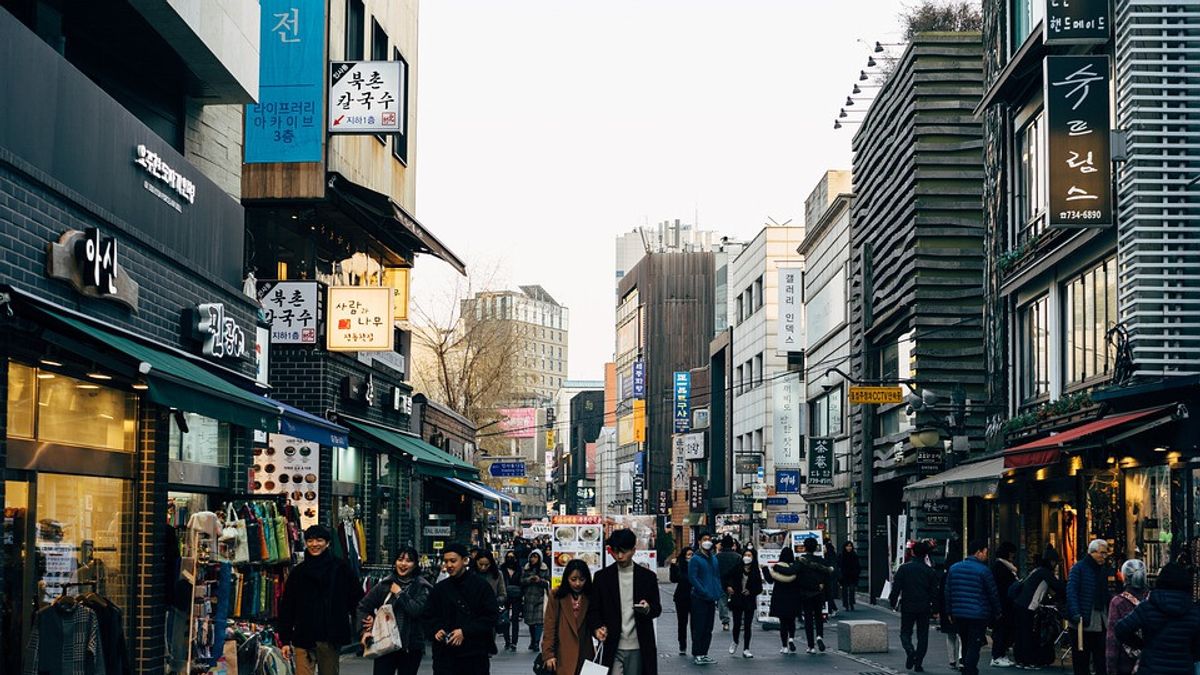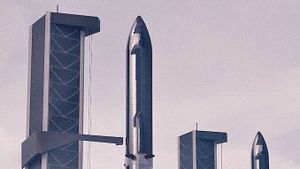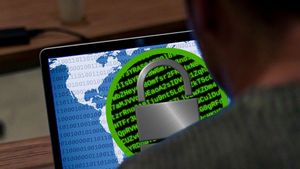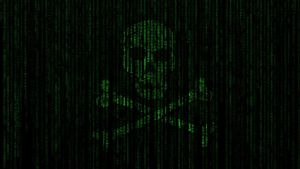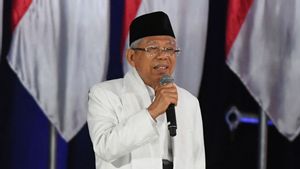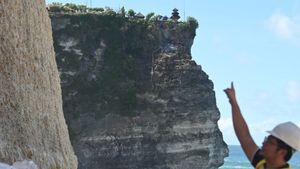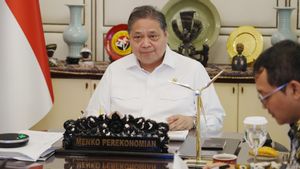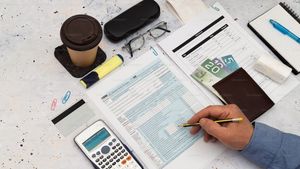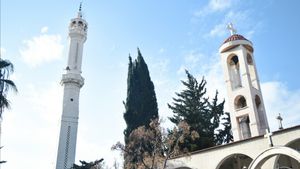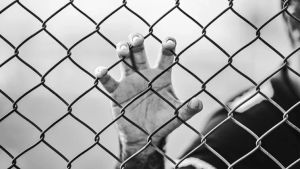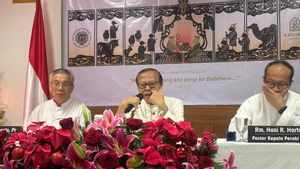JAKARTA - South Korea will soon launch a pilot project that uses artificial intelligence, facial recognition, and thousands of CCTV cameras to track the movements of people infected with the Coronavirus. The project caused controversy due to concerns about privacy infringement.
The nationally funded project in Bucheon, one of the country's most populous cities, will start operating in January, a city official told Reuters.
The system uses AI algorithms and facial recognition technology to analyze footage collected by more than 10,820 CCTV cameras and track the movements of the infected person, anyone they had close contact with, and whether they were wearing a mask.
The plan from the city government was submitted to the Ministry of Science and ICT (Information and Communication Technology). Reuters received a leak of the plan by lawmakers critical of the project.
Governments around the world have turned to new technologies and expanded legal powers to try to stem the tide of COVID-19 infections. According to a report by Columbia Law School in New York last March, China, Russia, India, Poland, and Japan as well as several US states, are among the authorities that have launched or at least experimented with facial recognition systems to track COVID-19 patients.
Bucheon officials said the system should reduce the strain on overworked tracking teams in the city, with a population of more than 800,000 people, and help use the team more efficiently and accurately.
South Korea already has an aggressive high-tech contact tracing system capable of collecting credit card records, cell phone location data and CCTV footage, and some other personal information.
However, the project still relies on a large number of epidemiological investigators, who often have to work 24-hour shifts. They usually frantically track and contact potential cases of the Coronavirus that arise.
In bidding for national funding for a pilot project in late 2020, Bucheon Mayor Jang Deog-cheon argued that such a system would make tracing faster.
"Sometimes it can take hours to analyze a single CCTV footage. Using visual recognition technology will enable that analysis in an instant", he said on Twitter.
The system is also designed to address the fact that tracking teams have to rely heavily on COVID-19 patient testimonies, which are not always honest, about their activities and whereabouts, the plan says.
Korea's Ministry of Science and ICT said it had no plans, for now, to expand the project to a national level. According to them the purpose of the system is to digitize some of the manual work that close contact tracers have to do.
The Bucheon system can simultaneously track up to ten people in five to ten minutes, cutting time spent on manual work that takes about half an hour to an hour tracking a single person, the plan says.
The pilot plan also requires a team of about ten staff at a public health center to deploy an AI-powered recognition system, the official said.
SEE ALSO:
Strongly opposed
Bucheon received 1.6 billion won (IDR 19.4 billion) from the Ministry of Science and ICT and injected 500 million won (IDR 6 billion) from the city budget into the project to build the system, Bucheon officials said.
Despite widespread public support for existing invasive tracking and tracing methods, human rights defenders and some South Korean lawmakers have expressed concern that the government will retain and leverage the data far beyond the needs of the pandemic.
"The government's plan to become "Big Brother" under the pretext of COVID is a neo-totalitarian idea", Park Dae-chul, a lawmaker from the main opposition People Power Party, told Reuters.
"It is wrong to monitor and control the public through CCTV using taxpayers' money and without the consent of the public", said Park, who gave the city government plan to Reuters.
Bucheon officials say there are no privacy concerns as the system places a mosaic on the face of anyone who is not a subject.
"There are no privacy concerns here as the system tracks confirmed patients under the Infectious Disease Control and Prevention Act", the official told Reuters. "Contact tracers stick to those rules so there's no risk of data spills or privacy breaches."
The rules say patients must give their consent for facial recognition tracking to be used, but if they don't agree, the system can still track them using their silhouettes and clothing, the official said.
The Korea Disease Control and Prevention Agency (KDCA) said the use of the technology was legal as long as it was used in the field of disease control and prevention law.
Plans for AI-powered facial recognition scanning emerged as the country experimented with uses of the controversial technology, from detecting child abuse in daycare to protecting the police.
The English, Chinese, Japanese, Arabic, and French versions are automatically generated by the AI. So there may still be inaccuracies in translating, please always see Indonesian as our main language. (system supported by DigitalSiber.id)
